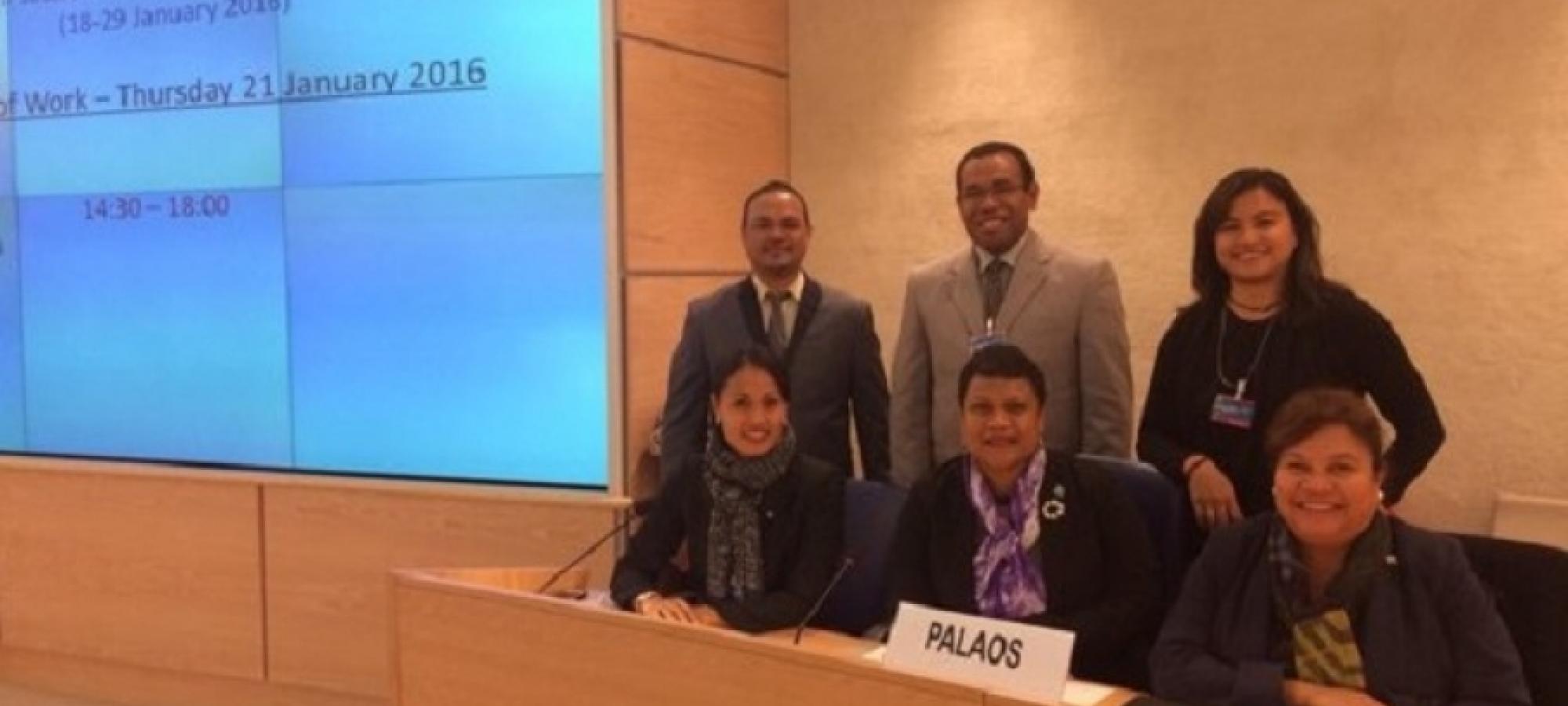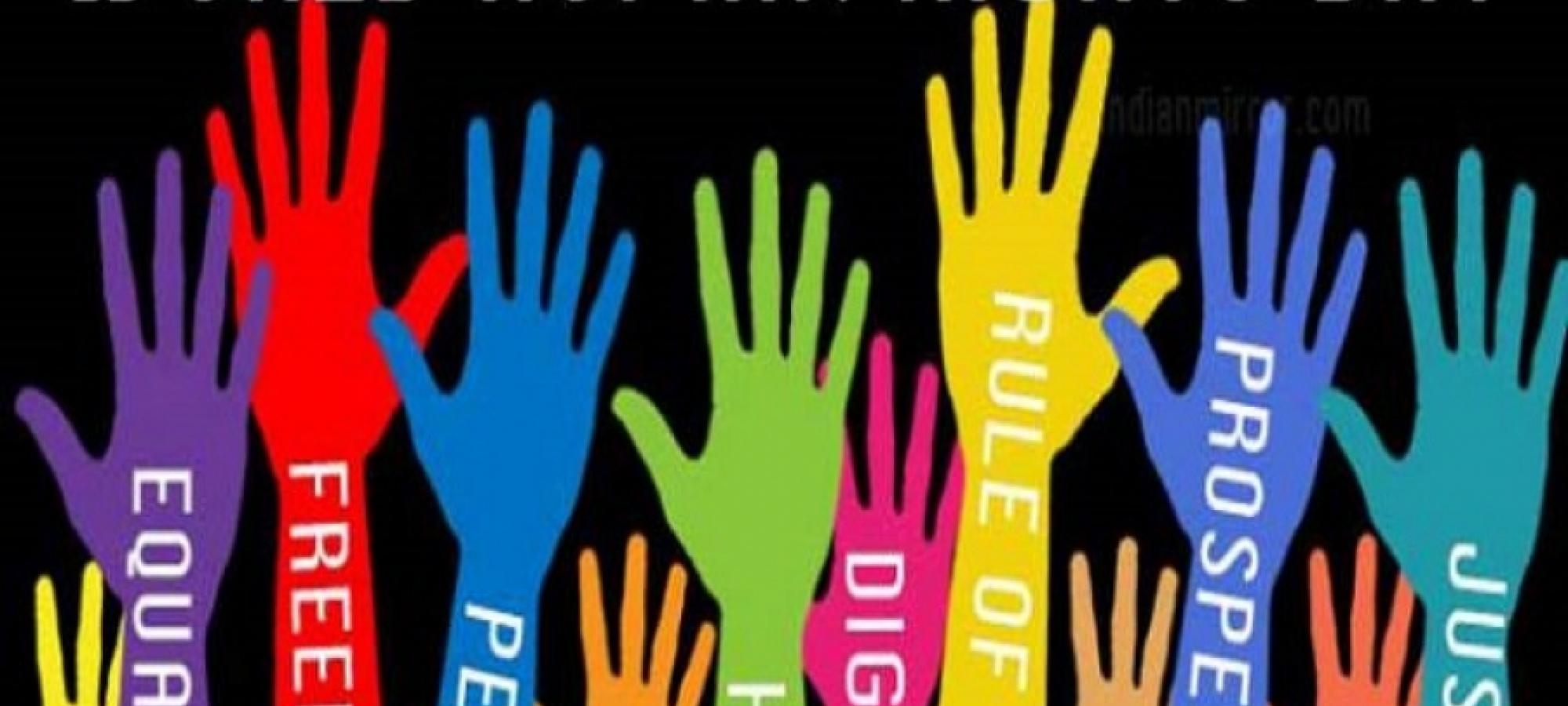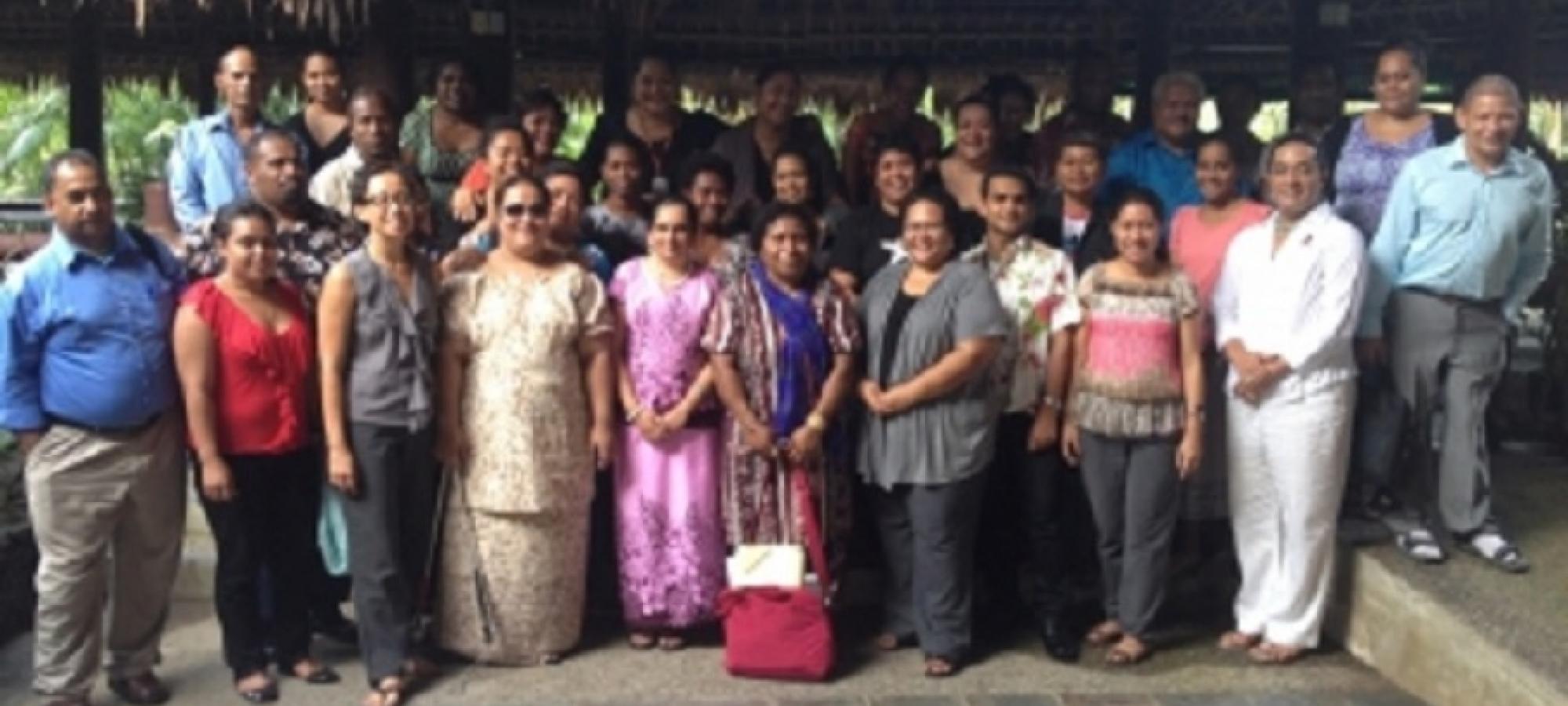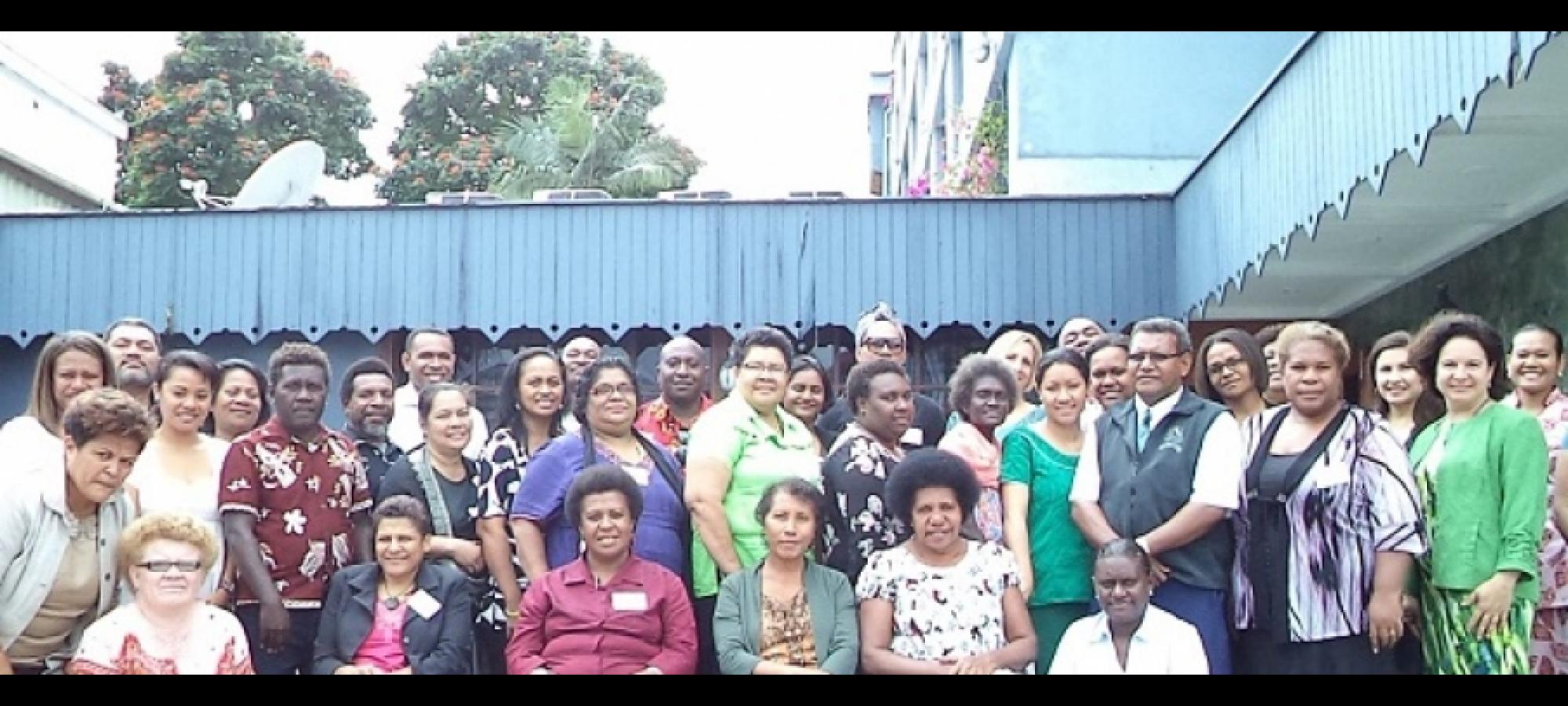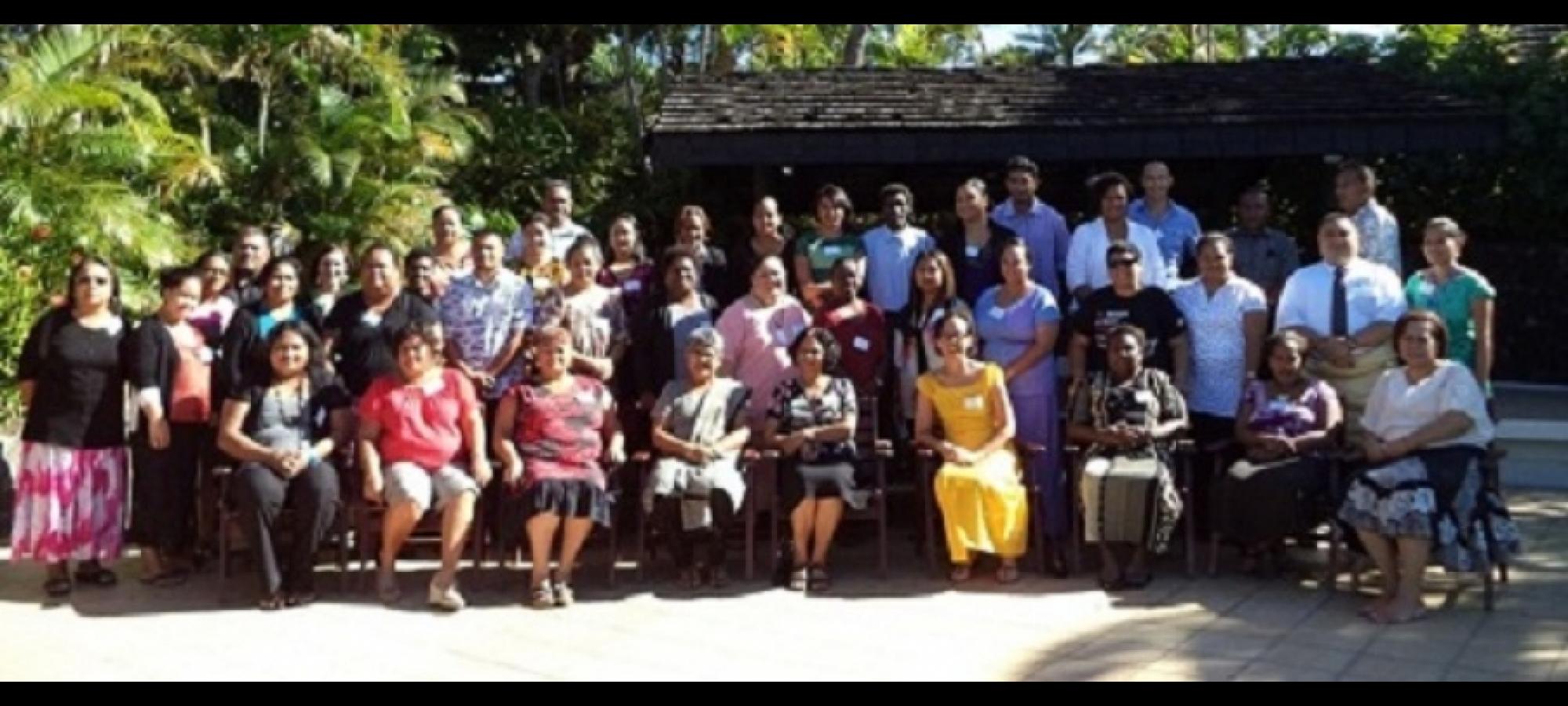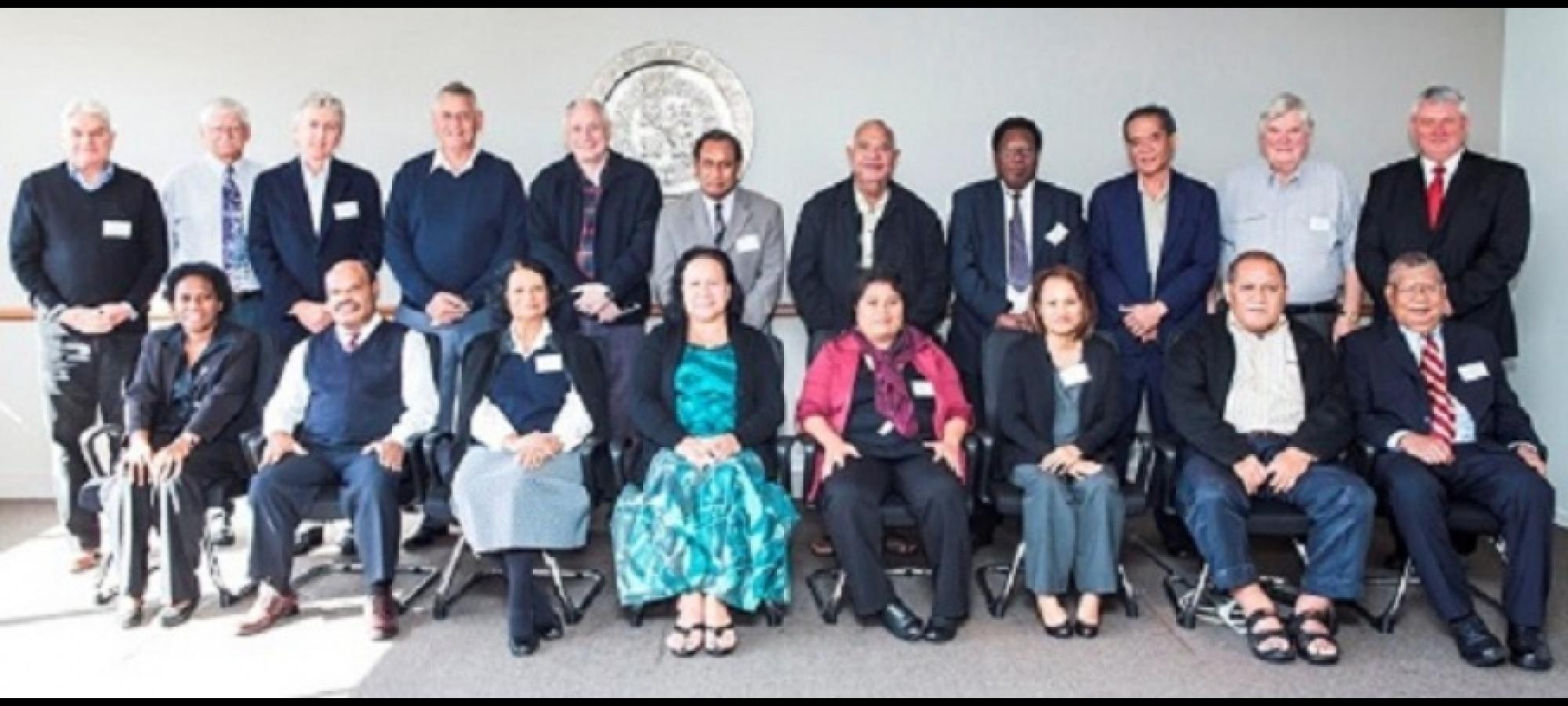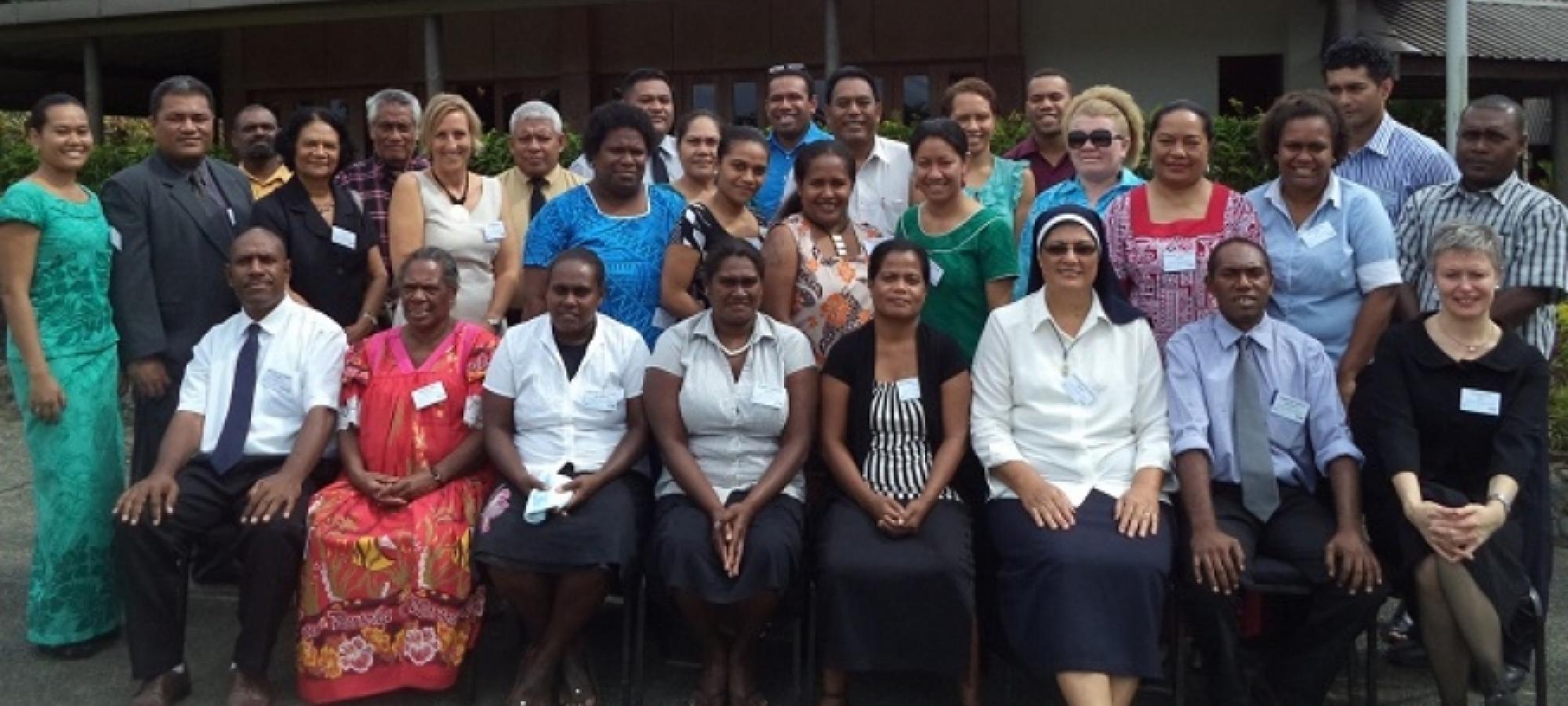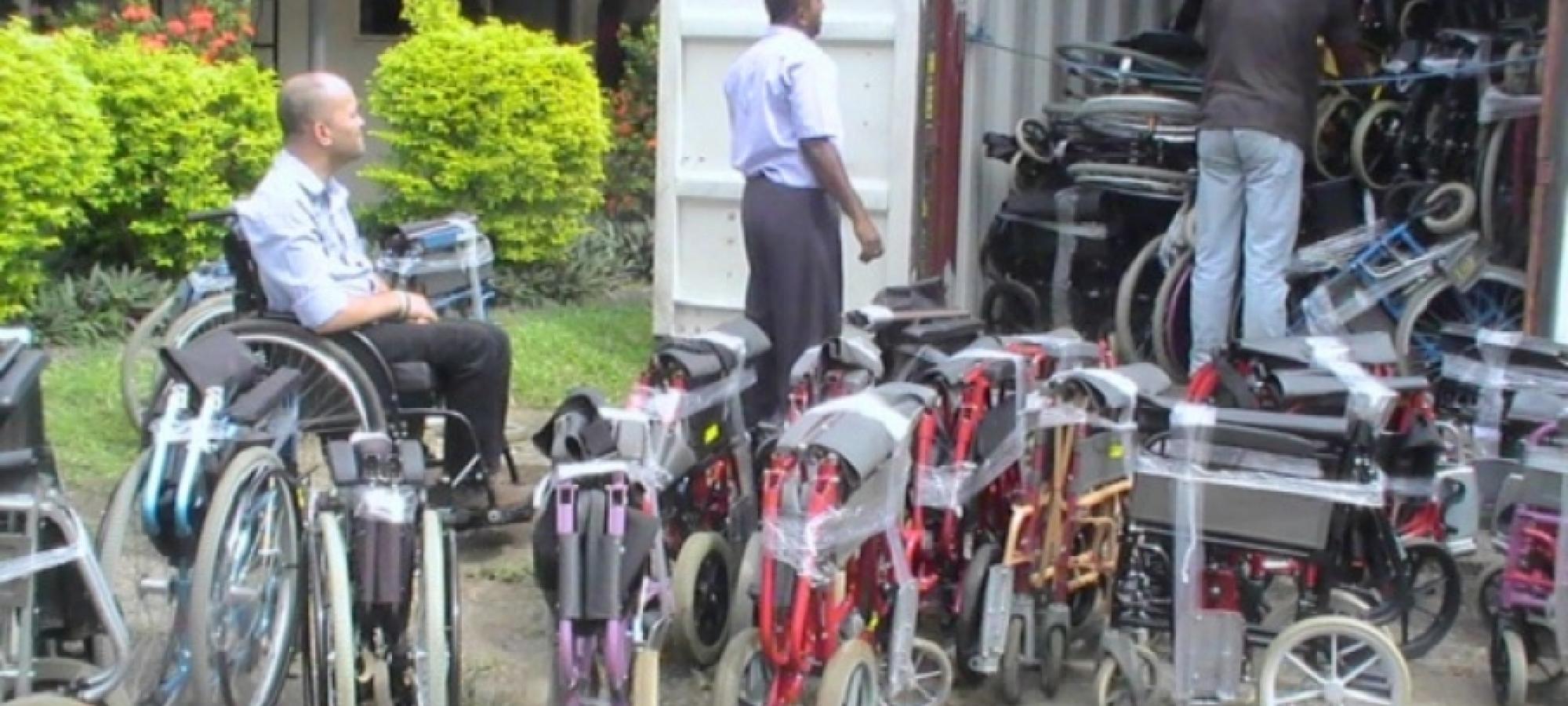Latest YOSI: Solomon Islands’ youth driving change

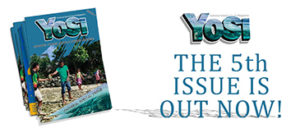
In its milestone fifth edition, the successful Youth of Solomon Islands (YOSI) magazine sheds light of “Narawei: Young Leaders Driving Change”, a tribute to young people leading by example.
This latest issue takes readers to Choiseul Province, with a special feature dedicated to youth who are part of the Youth@Work initiative implemented by the Pacific Community (SPC) and its partners. It shares stories of how young people are driving change by putting themselves on the forefront of fighting the effects of climate change and ensuring food security in their communities.
Feature articles also include young women at the heart of Solomon Islands Parliament, as well as young Solomon Islands’ Olympians to name a few.
“What YOSI has become over the last two years is a voice for Solomon Islands youth and a celebration of what it means to be a youth in their country. Many young Solomon Islanders in Honiara have access to Facebook and the Youth@Work Facebook pages provide a great platform for youth to have their opinions heard as well as ideas and information exchanged,” SPC Regional Director Melansia, Mia Rimon said.
“Even those who don’t have internet access and those in rural areas are able to share their life stories and achievements through the magazine. YOSI is about changing the way the nation looks at their youth as youth are saying We are valuable, we are contributing, we are proud’,” Ms Rimon said.
Work is already under way for the quarterly magazine’s next edition which is expected to feature views and personal stories on inequality; land; corruption; cultural vs national identity; law and order; what these mean to young people of Solomon Islands and how it correlates to national peacebuilding.
“YOSI magazine still proves to be a strong voice for young people, so we encourage all youth in Honiara to come grab a free copy from the Youth@Work office at the Art Gallery. We invite all young writers and artists to utilise this platform to its full potential by sharing stories and artworks in upcoming issues,” YOSI editorial team member, Ruth Amos said.
The Youth@Work programme is implemented by SPC in partnership with Solomon Islands Ministry of National Unity, Peace and Reconciliation, the Ministry of Commerce, Industries, Labour and Immigration, the Ministry of Culture and Tourism, and the Ministry of Women, Youth, Children and Family Affairs with funding from the Queens Young Leaders Programme (UK), the Australian Government Aid Programme, the Pacific Leadership Programme and Plan International.
Youth@Work is an initiative to tackle youth unemployment in Solomon Islands and to help youth of the Solomon Islands find pathways to employment and entrepreneurship.
YOSI 5 would not be made possible without the generous contributions and support from Bmobile-Vodafone, Rotary International, Frangipani, Bank South Pacific, Nicebola, Bamboozle and Pasikifi.
A copy of YOSI can also be accessed on your phones and tablets by following this link.
Media contacts:
Emmanuel Oti Youth@Work Communications Group Leader, [email protected] or +677 25278 ext 205
Ruth Amos Youth@Work Communication Team Leader, [email protected] or +677 25278 ext 205





